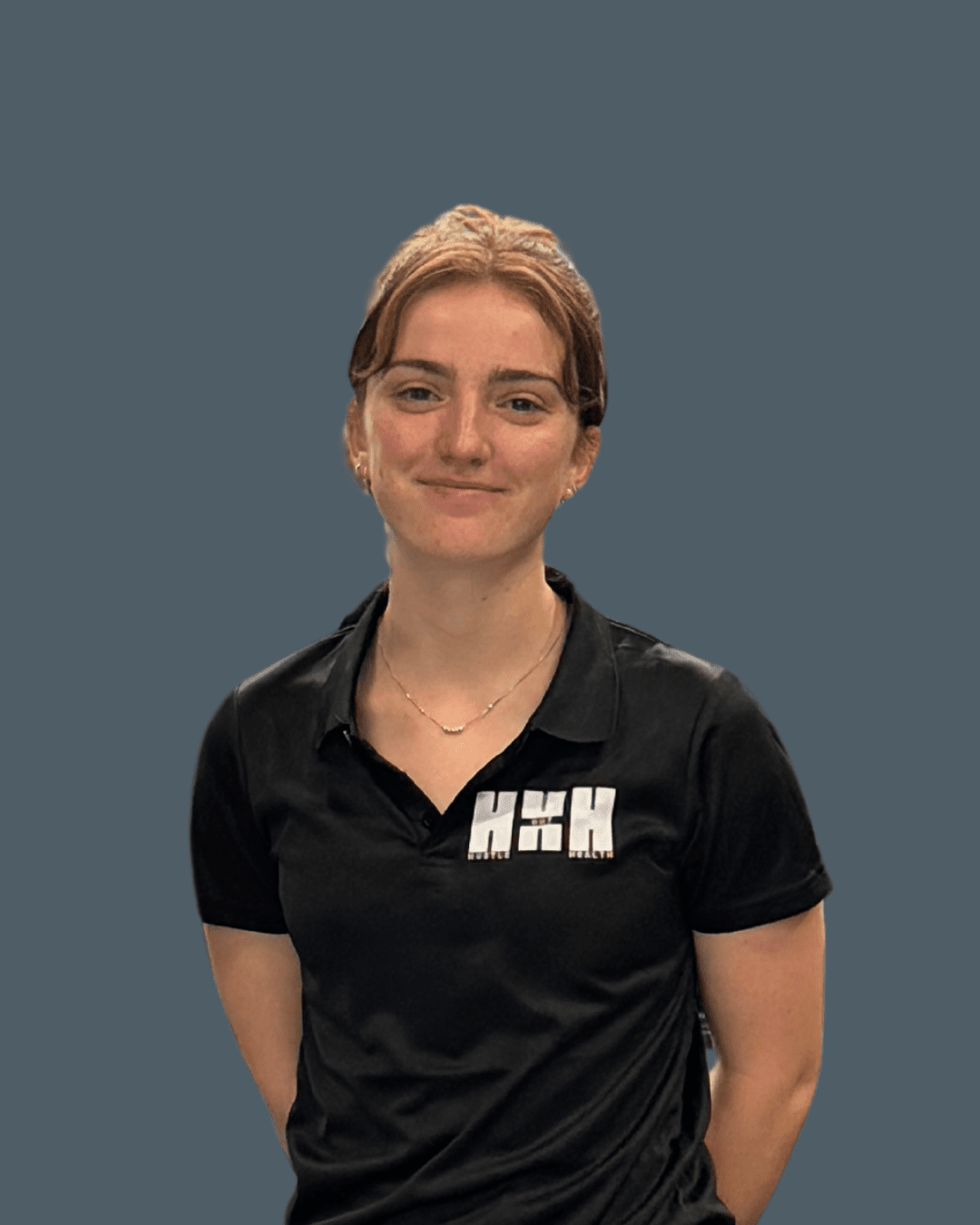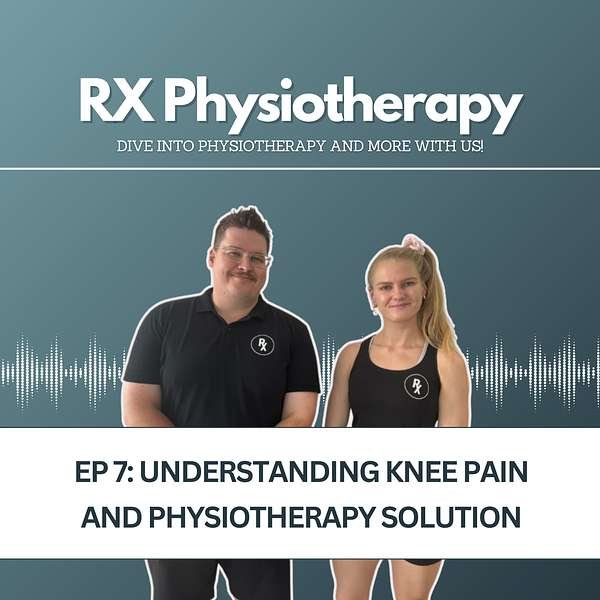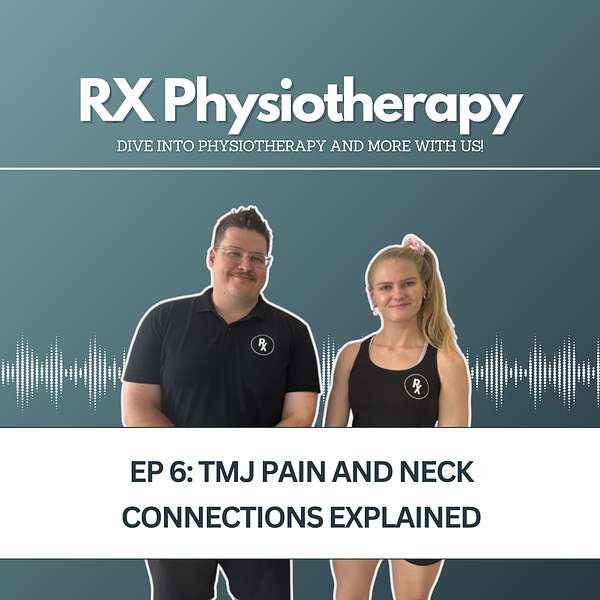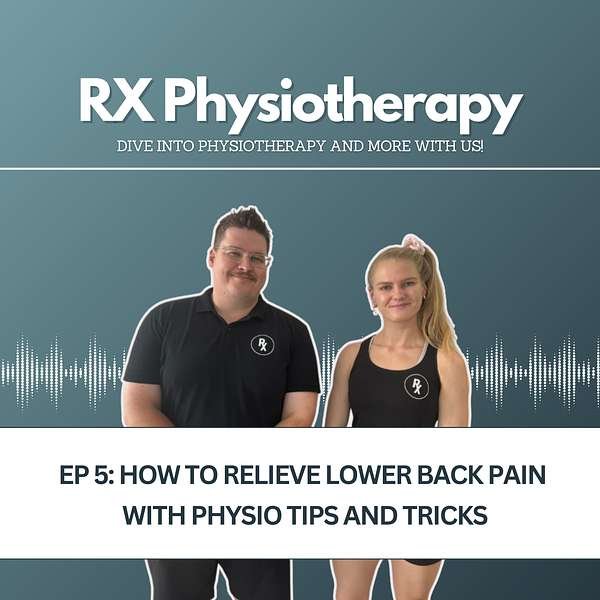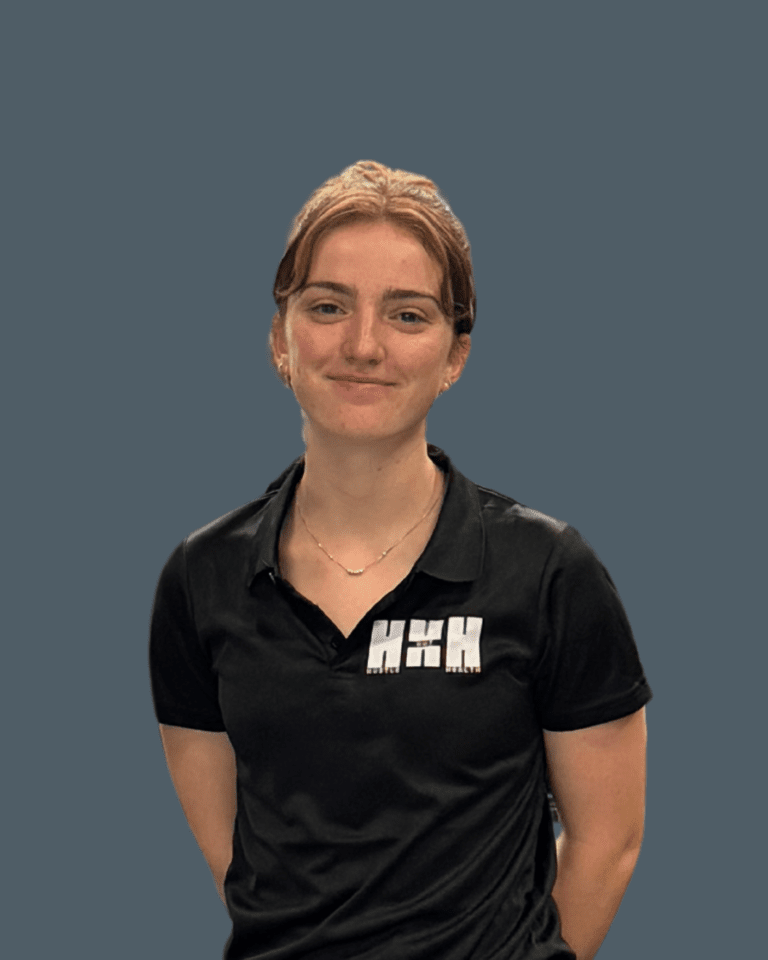
Are you caught in the frustrating loop of training hard, getting injured, recovering just enough to start again, only to find yourself sidelined once more? If this sounds familiar, you're not alone. As a physiotherapist specializing in running injuries, I've seen countless determined runners push through pain, desperately trying to outrun their bodies' warning signs.
Let's talk about why this happens and how to break free from the cycle.
The Denial-Injury Trap
Picture this: You're 10 weeks into your marathon training plan. Things were going great, but now there's a nagging pain in your knee. It's not too bad at first – you can run through it. You tell yourself it's just part of the process. "No pain, no gain," right?
Wrong.
That little voice telling you to push through? It's not your inner champion. It's your future self, limping off the course at mile 15, watching months of hard work go down the drain.
Here's what's really happening:
1. You ignore early warning signs, dismissing them as "normal adaptation pain."
2. You modify your gait to avoid the pain, creating new issues elsewhere in the kinetic chain.
3. You reduce mileage slightly but ramp back up too quickly, never allowing full healing.
4. The injury worsens, but you're too close to race day to stop now.
5. You DNS (Did Not Start) or DNF (Did Not Finish), crushed by disappointment.
Sound familiar? You're not weak. You're not a failure. You're just caught in a trap that many ambitious runners fall into.
The Real Cost of Running Through Pain
It's not just about missing one race. Ignoring injuries can lead to:
• Chronic pain that affects your daily life, not just your running
• Long-term joint damage that could impact your mobility as you age
• A frustrating cycle of starting and stopping that prevents real progress
• Loss of the joy that made you fall in love with running in the first place
Breaking Free: The Smarter Approach to Running
Here's the good news: It doesn't have to be this way. With the right approach, you can train hard AND stay healthy. Here's how:
1. Listen to Your Body (For Real This Time)
Pain is not weakness leaving the body. It's your body communicating with you. Learn to distinguish between productive discomfort and injury warnings.
2. Invest in Prevention
Regular physiotherapy sessions aren't just for when you're injured. They're for making sure you never get seriously injured in the first place.
3. Build a Solid Foundation
Strength training isn't optional. It's essential for injury prevention and performance improvement. Let's design a program that complements your running, not competes with it.
4. Embrace Recovery
Rest days and easy weeks aren't slacking. They're when the real magic happens – your body adapts and gets stronger.
5. Train Smarter, Not Just Harder
More isn't always better. Let's create a plan that optimizes your training, so every mile counts.
Your Potential is Waiting
Imagine approaching your next race with confidence, knowing your body is strong, balanced, and ready to perform. Picture yourself progressing year after year, setting PRs and taking on new challenges without the constant setbacks.
This isn't just a runner's fantasy. It's entirely possible with the right guidance and approach.
Ready to Break the Cycle?
If you're tired of the injury-recovery roller coaster and ready to unlock your true running potential, let's talk. As a runner myself, I understand the passion that drives you. As a physiotherapist, I have the expertise to help you channel that passion into sustainable, long-term success.
Don't let another training cycle go to waste. Book a consultation today, and let's create a plan to make you the strongest, most resilient runner you can be.
Remember, the goal isn't just to cross the finish line. It's to fall in love with the journey, every step of the way.
Book Your Running Assessment Today!
P.S. Worried that seeking help means giving up on your goals? Think again. Professional support isn't about holding you back – it's about empowering you to push your limits safely and effectively. Let's work together to make your running dreams a reality.


